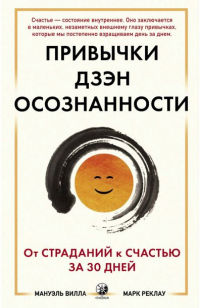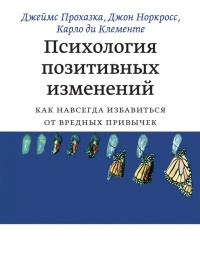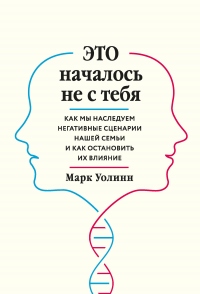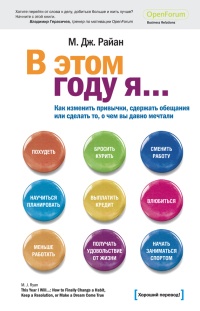Книга Привычки на всю жизнь. Научный подход к формированию устойчивых привычек - Шон Янг
На нашем литературном портале можно бесплатно читать книгу Привычки на всю жизнь. Научный подход к формированию устойчивых привычек - Шон Янг полная версия. Жанр: Книги / Психология. Онлайн библиотека дает возможность прочитать весь текст произведения на мобильном телефоне или десктопе даже без регистрации и СМС подтверждения на нашем сайте онлайн книг knizki.com.
Шрифт:
-
+
Интервал:
-
+
Закладка:
Сделать
Перейти на страницу:
Перейти на страницу:
Внимание!
Сайт сохраняет куки вашего браузера. Вы сможете в любой момент сделать закладку и продолжить прочтение книги «Привычки на всю жизнь. Научный подход к формированию устойчивых привычек - Шон Янг», после закрытия браузера.
Книги схожие с книгой «Привычки на всю жизнь. Научный подход к формированию устойчивых привычек - Шон Янг» от автора - Шон Янг:
Комментарии и отзывы (0) к книге "Привычки на всю жизнь. Научный подход к формированию устойчивых привычек - Шон Янг"
























